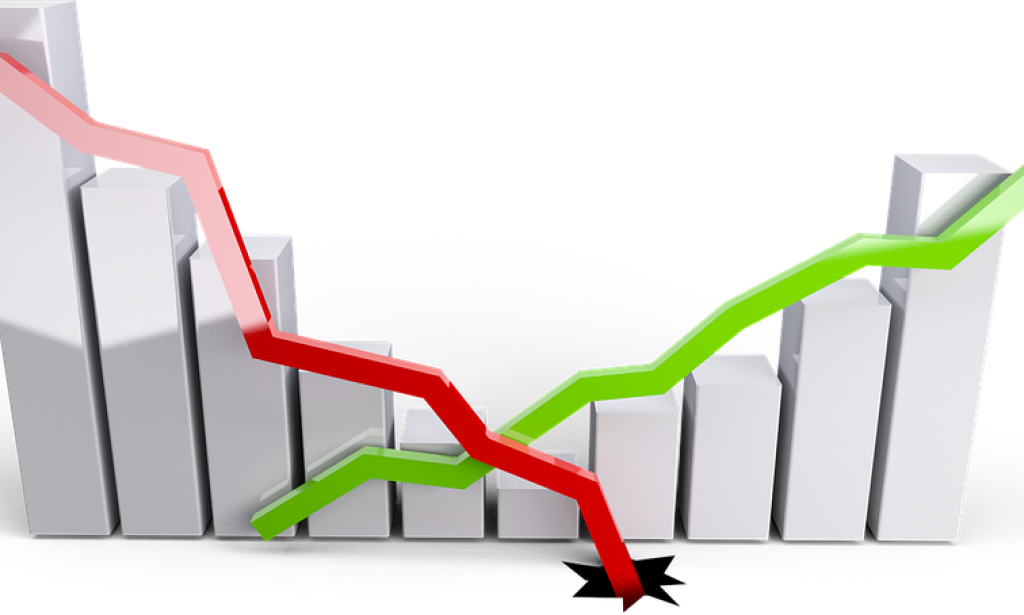Economic development is a process of improving the economic well-being and quality of life of a region or country. It is a broad term that encompasses a variety of activities, including infrastructure development, job creation, poverty reduction, and economic diversification. Economic development is often seen as a way to improve the standard of living of a population, and it is often used as a tool to reduce inequality and poverty.
Economic development is a complex process that involves a variety of stakeholders, including governments, businesses, and individuals. Governments play a key role in economic development by providing the necessary infrastructure and resources to support economic growth. This includes investments in education, health care, and infrastructure, as well as providing incentives for businesses to invest in the region. Governments also play a role in creating an environment that is conducive to economic growth, such as providing a stable political and legal environment, and creating policies that encourage investment and entrepreneurship.
Businesses are also important players in economic development. Businesses create jobs and generate income, which can help to reduce poverty and inequality. Businesses also provide goods and services that can improve the quality of life of a population. Businesses can also help to diversify a region’s economy, which can help to reduce the risk of economic downturns.
Individuals also play an important role in economic development. Individuals can create businesses, invest in businesses, and create jobs. Individuals can also contribute to economic development by consuming goods and services, which can help to stimulate economic growth.
Overall, economic development is a complex process that involves a variety of stakeholders. Governments, businesses, and individuals all play an important role in economic development, and it is important for all of these stakeholders to work together to create an environment that is conducive to economic growth. However, it is important to note that economic development is not a one-size-fits-all solution. Different regions and countries have unique challenges and opportunities, and what works in one area may not work in another. For example, a region that relies heavily on a single industry may need to diversify its economy to reduce the risk of economic downturns. In contrast, a region with a highly educated workforce may benefit more from investments in research and development. In addition, economic development can have both positive and negative effects on a population. While economic growth can improve the standard of living and reduce poverty, it can also lead to inequality and environmental degradation. It is important for governments, businesses, and individuals to consider the long-term consequences of their actions and to strive for sustainable and equitable economic development. Furthermore, economic development does not occur in a vacuum. It is influenced by a variety of factors, including global economic trends, technological advancements, and political instability. For example, the COVID-19 pandemic has had a significant impact on the global economy and has highlighted the importance of resilience and adaptability in economic development. In conclusion, economic development is a complex process that involves a variety of stakeholders and factors. It is an important tool for improving the economic well-being and quality of life of a population, but it must be approached with caution and care. Sustainable and equitable economic development requires a collaborative effort from governments, businesses, and individuals, and must take into account the unique challenges and opportunities of each region or country.


You must be logged in to post a comment.